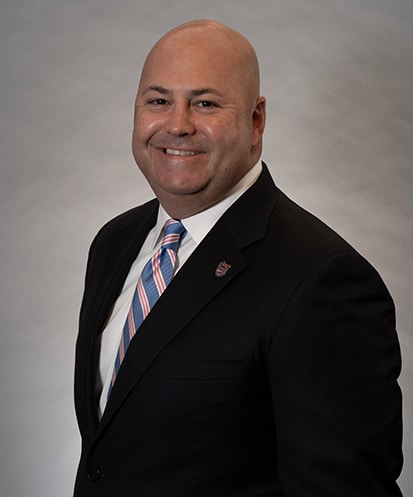Medical Malpractice: The Dangers of Misdiagnosed Meningitis
 The misdiagnosis of diseases is far more common in the United States than you might imagine. According to a new study in the journal BMJ Quality & Safety, approximately 12 million adults who seek outpatient medical care end up being misdiagnosed. The journal also reports that in about half of those cases, the misdiagnosis could potentially result in severe harm to the patient.
The misdiagnosis of diseases is far more common in the United States than you might imagine. According to a new study in the journal BMJ Quality & Safety, approximately 12 million adults who seek outpatient medical care end up being misdiagnosed. The journal also reports that in about half of those cases, the misdiagnosis could potentially result in severe harm to the patient.
A previous study, coauthored by Dr. Hardeep Singh of the Baylor College of Medicine in 2012, found that the most common reasons for misdiagnosis included mishaps in ordering diagnostic tests, the failure on the part of the patient in giving accurate health histories, and then there were errors made by the doctors who interpreted the test results.
In November 2015, a jury in a Pennsylvania medical malpractice trial awarded $7.5 million for pain and suffering, $1.1 million for loss of future earnings, and $1.5 million for future medical care for the serious injuries that resulted from the failure to diagnose and treat his bacterial meningitis during three emergency room visits to Children’s Hospital of Philadelphia (“CHOP”).
The child was 11 months old when he had been sick for several days. His mother brought him in to CHOP’s emergency room in December of 2009 with a fever and the medical staff diagnosed him with an upper respiratory infection and then discharged him to go home with his mother. He condition grew worse, so his mother brought him back to the ER the following day when he had a high fever, rapid heartbeat and an abnormally high respiratory rate, which should have prompted the medical staff to test him for bacterial meningitis, but they failed to do so. On the third day, the boy’s mother brought him back to the CHOP emergency room again, where it took medical staff more than an hour to examine him and his bloodwork was not completed until almost midnight. The results of the blood test came back after 3am and then the staff began administering antibiotics to treat his bacterial meningitis. It was, however, too late. The boy had already suffered irreparable brain damage, and he will essentially be functionally illiterate for the rest of his life as a result of the delay in diagnosing his bacterial meningitis.
The medical malpractice trial lasted four weeks, and the jury deliberated for three hours to return a verdict in favor of the plaintiff.
The misdiagnosis of meningitis
Meningitis can be challenging to diagnose because some of the symptoms that patients present with are associated with other, less serious health conditions such as influenza, tension headaches or migraine headaches. However, meningitis can progress quickly and even result in death if it is not treated quickly. There are dozens of other health conditions that could be considered when diagnosing meningitis including:
- Encephalitis
- Sinusitis
- Viral infections
- Infective endocarditis
- Rocky mountain spotted fever
When a doctor fails to recognize the symptoms of a disease, which can be attributed to one disease, but instead they attribute those symptoms to another disease. The actual illness then goes untreated and the patient’s condition grows worse. There are some medical conditions that are often misdiagnosed, but a wrong diagnosis can only be considered malpractice when there is a deviation from the accepted medical standard of care. A wrong diagnosis or delayed diagnosis can be the result of human error. If the patient is not harmed by the doctor’s actions, there is no medical malpractice case.
When a physician fails to diagnose a disease in a timely manner, and that misdiagnosis causes injury or harm, and the care that the medical professional gave deviated from the acceptable standard of care for an individual of the same age group and symptoms, then the patient may be able to take legal action against the doctor and hospital. The injured person may be able to bring a lawsuit to recover damages for their injuries.

Christopher T. Nace works in all practice areas of the firm, including medical malpractice, birth injury, drug and product liability, motor vehicle accidents, wrongful death, and other negligence and personal injury matters.
Read more about Christopher T. Nace.
